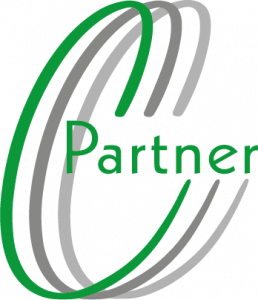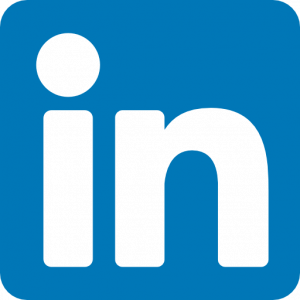Becomingness

Back in November 2021, Prof David Clutterbuck published an excellent article entitled ‘Becomingness: a critical element of coaching and mentoring’. This starts with (and I quote): One of the many myths of coaching and mentoring is that personal growth is primarily a planned activity – so coaches and mentors should concentrate on helping people to set and pursue goals. The reality is somewhat different. Human beings are growing and changing constantly and most of this evolution is unplanned, uncontrolled, unaware and emergent. Goals and plans lead us to focus on doing and to marginalise the equally important, if not far more important, process of becoming. There is a wide gulf between the questions What do you want to achieve? and Who do you want to become?
This really made me sit up and take notice; I found it insightful, important and well worth reflecting on. Perhaps three months later I think this is even more the case. A client recently said to me that I was “holding her hand as she takes her first steps to a new future”. All our coaching sessions are about who she wants to become.
I now have an excellent description and definition for the way I tend to work as a coach. The article also encouraged me to look into the question for myself – ‘who do I want to become?’ I have my first answer to that and I’m taking steps.
For some while I’ve also been thinking around the word ‘goal’ and in particular the meaning of the word when used within executive coaching. Goals have never really been a big part of the way I work from an overall programme perspective. For me, goals are steps along the way; activities to be accomplished between sessions. With the client I mention above, there could be no programme goal; it would have had no real meaning.
As a common first step for most executive coaches I know (including beginner coaches), the client is encouraged to look inside themselves into who they are, what drives them, what matters to them, who they want to be. We ask our clients to do this as we clearly see their need to establish this for themselves as they are ‘right now’. It’s not easy to start a journey if we don’t have at least a reasonably firm place to put our first step.
We tend to ask the client to complete one or more of various exercises. These of course serve at least two purposes – they help us as their coach to better start to understand them. We can build better rapport as a consequence and tailor how we coach to their better benefit. For the client, these exercises provide a wealth of information about themselves, potentially including how they are seen by others, what is important to them ‘now’, where they are uncomfortable, what excites them.
Perhaps we can say this is all about the self-orientation of the client. From there, it’s a logical step for the client to start reflecting on who they want to become.
Over the last two years we’ve seen a huge amount of sudden change because of COVID and there must have been impacts on coaching and the way we coach. I suspect some of this impact is a move towards more coaches looking at “who do we want to become” because we have all been asking this of ourselves during lockdowns, furlough and remote working. Post lockdown and furlough it’s apparent that a good number of the changes in how we work and live are here to stay. Some level of hybrid working and thinking more of our future are two positive examples.
The other point is that coaching is evolving and maturing, as every profession evolves and matures. Perhaps this evolution includes more exploration of ‘who I want to become’ as a coach and less concern with goals.
To wrap-up, I don’t disagree with anything David Clutterbuck wrote and the process he describes for integrating Becomingness is really useful. What I suspect, however, is that since COVID, many or perhaps most coaches use a similar process by default and that the article provides for them (as it did for me) a description and definition that makes it all clear.
Either way, Becomingness (as I now know it’s called) is highly relevant in today’s world. My client is now very much on her way to who she wants to become and sees things very clearly in that light.
If you are curious, have a read of the article (link below) and ask yourself the questions Prof David Clutterbuck poses.
If you would like to discuss coaching and becomingness – and how this might benefit you – please email me on al.ritchie@lateralcoaching.co.uk, call me on 07949 142497 or select other contact option


